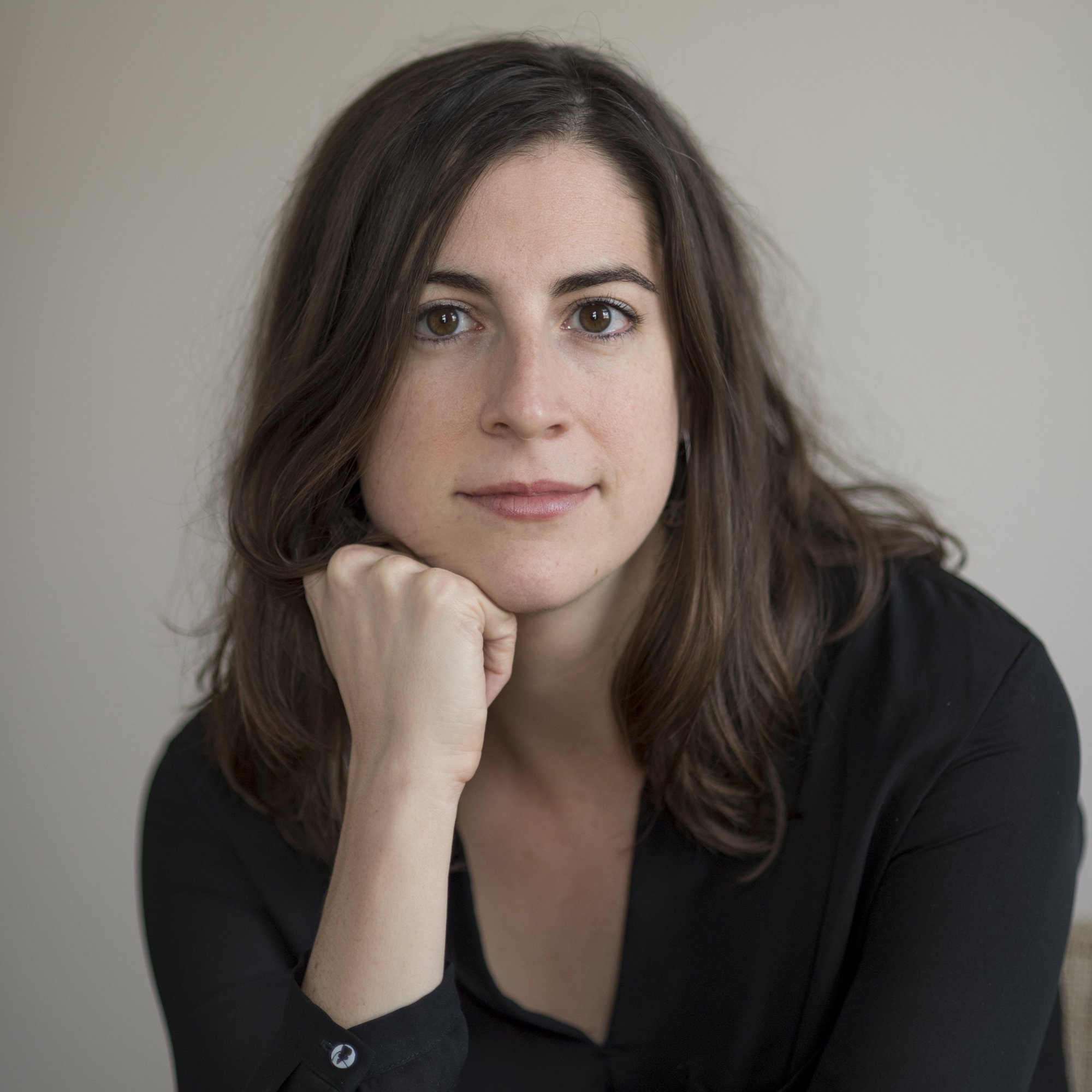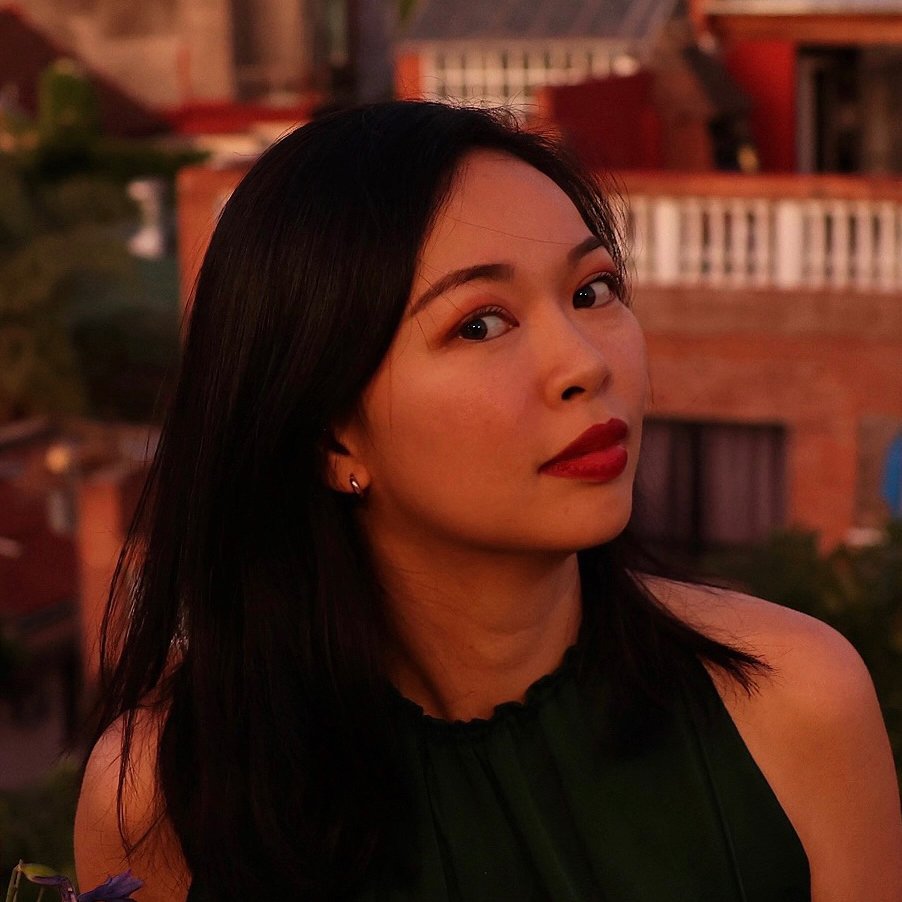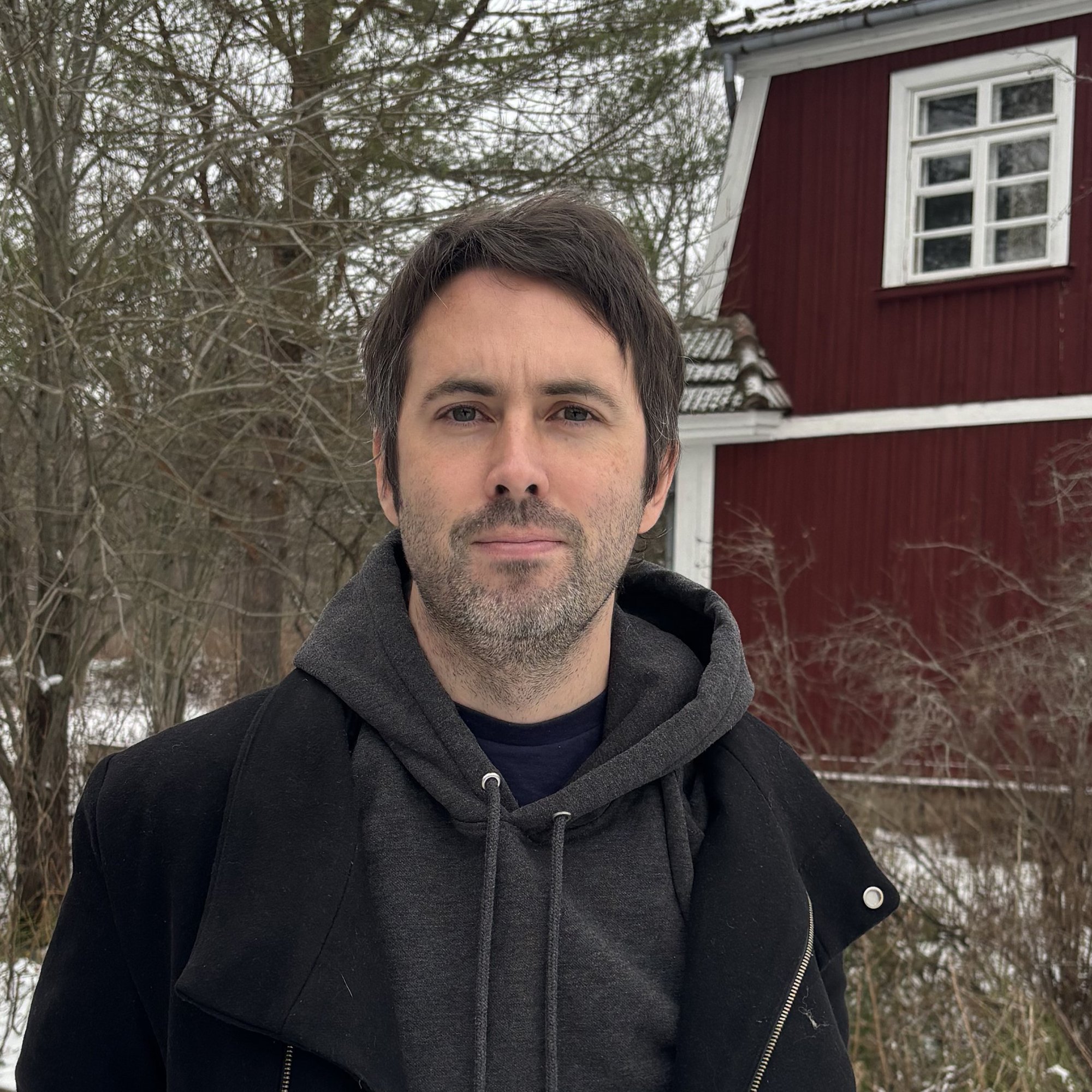“Too Westernized to Return”
JULY 23, 2024
Photo: Clara Evens
The Reporter’s Notebook is our monthly interview series with Dial contributors. To receive these conversations directly in your inbox, sign up for our newsletter.
✺
A conversation with Lisa De Bode, whose article on Afghan immigrants’ path to asylum in Belgium was published in our Sports issue.
Following the Taliban’s takeover of Afghanistan in August 2021, Belgium declared the conflict over, removing its obligation to grant asylum to Afghans who do not qualify as refugees. As a result, lawyers have adopted a new strategy to convince the state that their clients should be allowed to stay: proving they are “too Westernized” to return. For our Sports issue, Dial contributor Lisa De Bode interviewed two 18-year-old Afghan refugees in Belgium about their years-long fight for asylum in the country. One of them noted that Westernization “is not about religion: it’s about going to school, studying Dutch, riding a bike.” Dial intern Onofrio De Michele spoke with Lisa De Bode about the importance of building trust with her interviewees as well as Europe’s shifting political landscape and its impact on asylum seekers.
THE DIAL: You have reported extensively on migration across Europe. What initially inspired you to write about the issue? How, if at all, have migration issues changed since you began reporting?
LISA DE BODE: I started reporting on the issue at Al Jazeera years ago, at the start of the refugee crisis in 2015. I’m interested in the stories we tell to bridge or explain two things that become connected. How one thing becomes another — or doesn’t. Stories of change. And perhaps these are nowhere as evident as in migration — from place to place, or from a person we used to be to a different version of ourselves.
For this story, a trusted source came to me and told me about this new legal basis of argumentation that rested on proving that a candidate was too Westernized to return to Afghanistan. I was immediately intrigued by the concept. What does it mean for somebody to be Western or Belgian enough? It’s a situation where people are being asked to prove something that might run counter to who they perceive themselves to be. Also, I was interested by the fact that a country that fought so hard to prove that it could be two things at once — both Dutch speaking and French speaking — is now demanding a newcomer shed parts of their identity.
It’s become more difficult over the years to seek asylum in Europe. In 2016, many European countries were willing to take people in, because of the war in Syria. But that willingness and that sentiment has changed — not only among politicians, but in public opinion as well. I think you can see it in reporting on the issue. And where certain human rights abuses, such as pushbacks, in the beginning generated a lot of outcry, that is not the case anymore. These things are at risk of becoming normalized, and I think as journalists, we carry some of the responsibility for making sure that doesn’t happen.
THE DIAL: Your work frequently involves interviewing migrants and refugees. How do you build relationships of trust with your interviewees, and do you maintain contact with them after your reporting is finished?
LDB: Trust is central to reporting this kind of story. For this piece, I spoke with several people who work on the topic, and a social worker eventually trusted me enough to allow me to speak to the young men to whom she acts as a guardian. These young men knew I was a journalist, of course, and wanted to talk to me because they felt that something was wrong with the asylum system. It’s not easy to do, and I admire their courage.
I tell them at the beginning that this will take time, that it won’t just be one interview but that I will likely come back with additional questions. Because I ask them intimate questions, and it’s important that they know this isn’t just a one-off meeting and that it’s a longer process. I keep in touch with them as I report and check in with how things are developing in their lives. That also allows them to understand how I’m building the story and to actively opt in to contributing. It means they can also say “no,” at any point. But that’s how you build trust.
I also tell them when the story is coming out and send them a link. In this case, I’ll check in later with Safai and his social worker to ask about his case status. It was still pending at the time of this interview. Stories like his and Mohammadullah’s I carry with me for a couple of months, if not years; it can be hard to let go.
THE DIAL: As you report, appearing Westernized has emerged as a popular legal strategy for Afghans in Belgium to gain refugee status. What are the benefits and the pitfalls of this approach?
LDB: I think the potential benefits would be that you make it clear what is expected of somebody to belong to a new society — speaking the language, for example, and knowing about its cultural practices, such as holidays. I think those things are good and important for anybody who wants to apply for membership in any group.
But you run the risk of confirming to these young men an image of the West that we don't necessarily want to perpetuate. You give them a cliché to live up to: drinking alcohol, going to bars, having extra-marital sex. The social worker I spoke to for this story called it an old white man’s view of Westernization. And the lawyer I talked to wondered why we are not instead asking the legal question: Does somebody still have a future in Afghanistan?
THE DIAL: How did you gain access to the legal documents, reports and data referenced in your article? What challenges did you face in gathering this information?
LDB: Without those documents, it would have been a very difficult story to tell. There are often hundreds of pages per legal case or per petition, so it takes a lot of time to go through them. I accessed them through the social worker of the two boys that I interviewed, with their consent. She goes to court with them and acts as their guardian here in Belgium but is also worried about how the system functions. She understood that for me to tell this story, I needed to have a complete understanding of their cases.
When I started reporting, I began by asking the young men to tell me the story of how they fled, knowing that they’ve done this many times before. Then I went into what the state has found, the results of their investigation. If the authorities found that the evidence was insufficient, there’s another layer of documents to go through, including the appeal and letters written by their guardian. It’s this whole trove of intimacies and personal details, and those are the documents that the judges use to make their decision, so it helped me understand their reasoning.
As you dig through those pages, there are things that stick out at you and are difficult to forget. For example, I saw videos that were submitted to the judges. In the case of Mohammadullah, he showed me the video of his gymnastics training for a dance routine he performed, where he was wearing tight clothes and dancing alongside a group of girls. It was very striking and almost seemed like a textbook example of what a judge might deem sufficient evidence of Westernization.
THE DIAL: Far-right and nationalist parties made big gains in Flanders in June, and Belgium’s southern Wallonia region also made a shift to the right. How do you anticipate this new political landscape will impact the lives of Safai, Mohammadullah and other refugees in Belgium?
LDB: I think it’s going to be much more difficult to request asylum in all of Europe. That’s also because of a new EU-wide asylum law that will come into effect in 2026. As part of the new system, migrants whose chances of being granted refugee status are below 20 percent on average because of their country of origin, but also people rescued at sea, for example, will be held in mass detention centers at the borders. So asylum processes will become more difficult no matter what happens in politics between now and then. And in Belgium, because the parties that approved the EU deal will still be in power, it’s highly probable they will enforce it.
THE DIAL: You write that, after having their visas denied, some migrants “try their luck in other European countries.” How does Belgium’s integration of refugees and attitudes toward migrants compare to those of the rest of Europe?
LDB: One of the biggest problems in Belgium is that it takes too long for an applicant to get an answer — often it takes many months before they even receive temporary shelter. Their lives are basically on hold. It also means more people, especially unaccompanied young men, end up sleeping on the streets. As I wrote in the story, Belgium has been condemned over its treatment of asylum seekers, also at the EU level, but that hasn’t done anything to improve the situation.
Belgium does receive a large number of people requesting asylum relative to its population size — more than in many other EU countries. That’s something the EU asylum deal is supposed to even out. But Belgium also doesn’t have many legal and safe pathways for people to come to the country, which is why so many arrive in ways deemed illegal. That’s a problem across Europe and if it’s not fixed, I think we’ll continue to see people putting their lives in danger to reach the continent, despite the very uncertain outcome of their requests for asylum.
This gets back to the issue of considering Afghanistan a safe country after the Taliban coup. Certainly, it can seem to be an objective decision, because the conflict had “ended.” But one of the advocates I cite in the piece also makes the point that this decision was political in that it allowed asylum agencies in Belgium and elsewhere to be more selective in whom they grant asylum to.
THE DIAL: Could you share any details about upcoming reporting projects that you are working on?
LDB: I can say that I’ll continue to cover immigration. Especially in relation to what we just discussed with this EU migration deal going into effect in two years’ time. We’ll have to be very watchful of human rights abuses at Europe’s borders and in detention centers, paying attention to how long people are held there and under what conditions.
✺ Read “Becoming Belgian” in “Issue 18: Sports”
LISA DE BODE is a journalist based in Antwerp, Belgium. A former staff reporter at Al Jazeera America in New York and field producer at CNN in Brussels, she’s covered immigration, EU politics and ISIS. She co-wrote the book Europa: An Illustrated Introduction to Europe for Migrants and Refugees. Her writing has appeared in The Nation, The Atlantic, The Guardian, and elsewhere.
ONOFRIO DE MICHELE is a writer and editor from Puglia, Italy. His work is featured in Interreligious Insight, Firebird and Scomodo. Now living in the US, he studies Anthropology at the University of Chicago.





